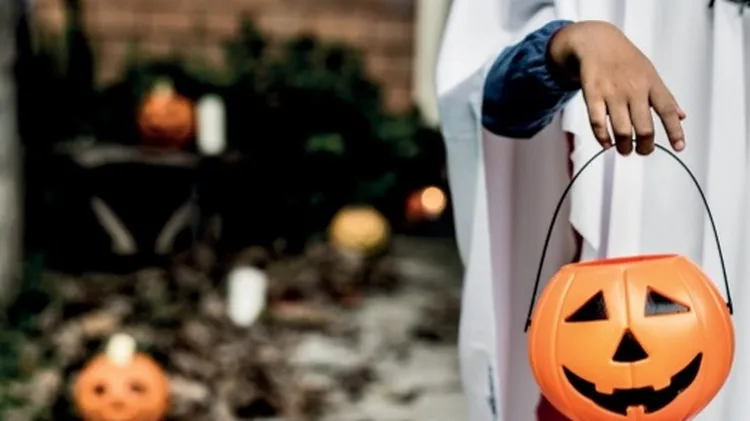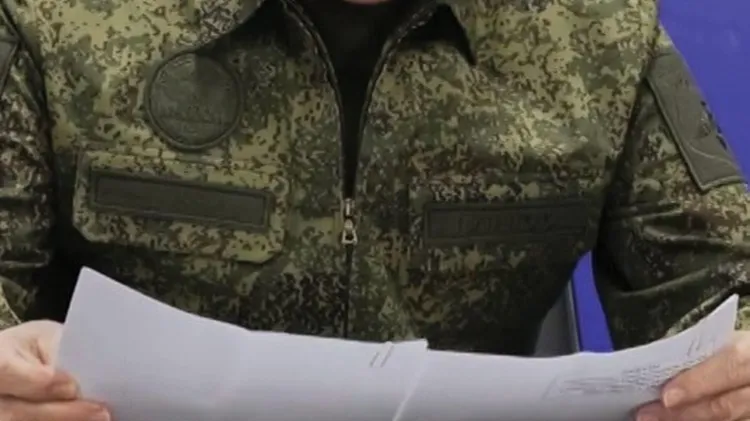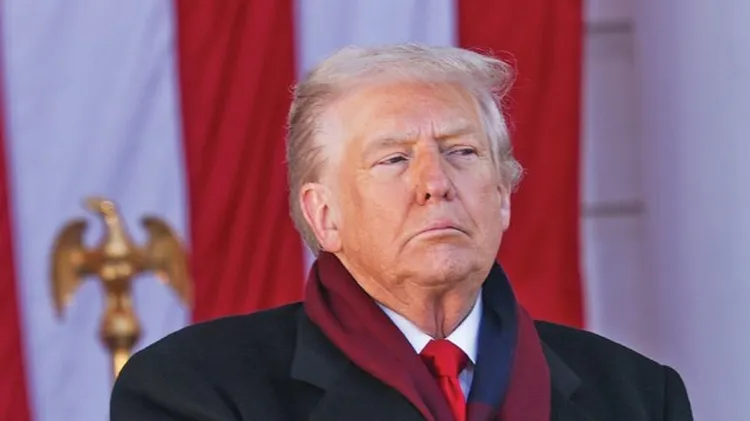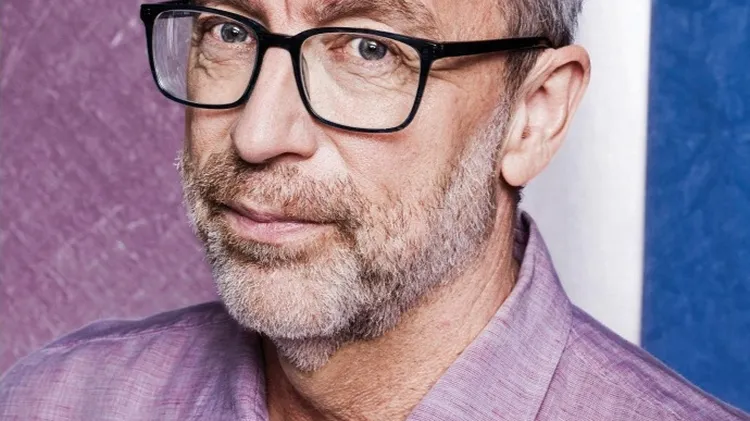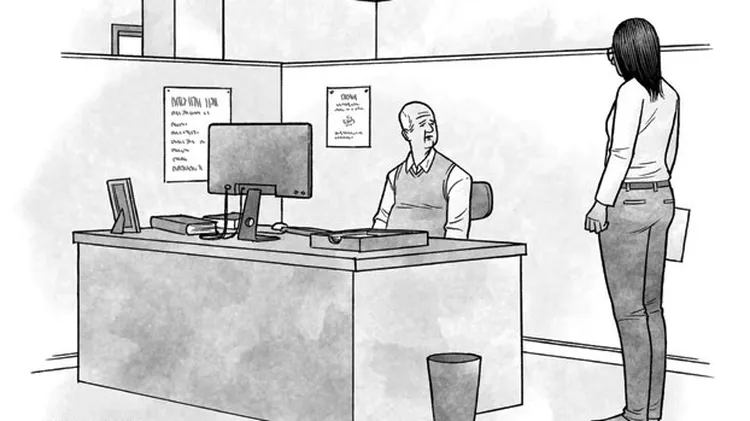Daniel Freeman Psychologist and author
We’ve sleepwalked into a crisis of trust
3 min read
This article is from...
Read this article and 8000+ more magazines and newspapers on Readly

